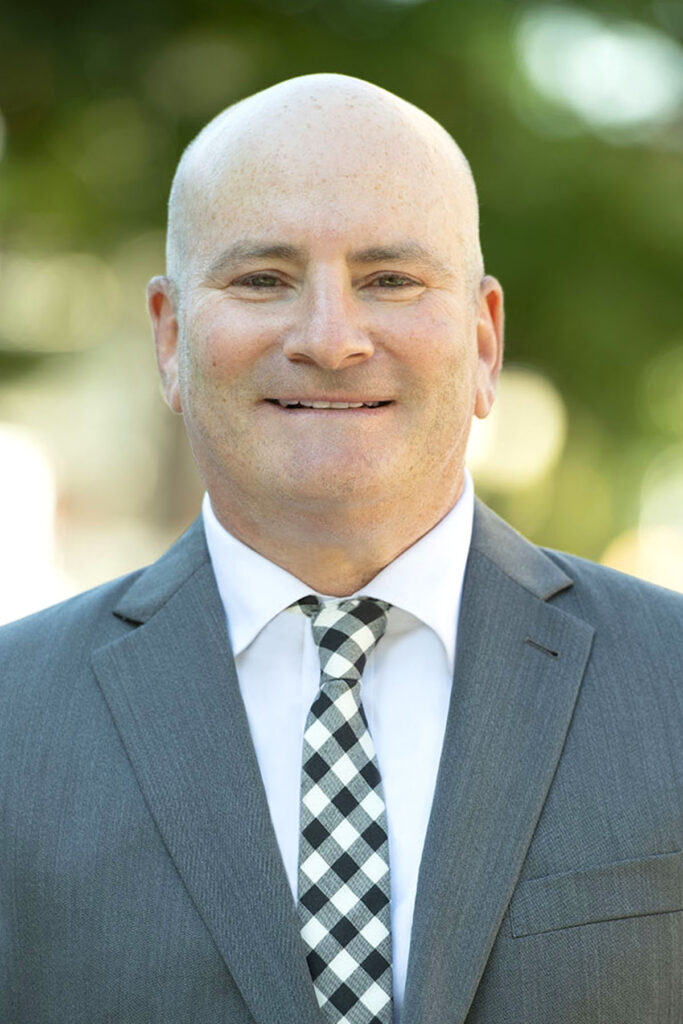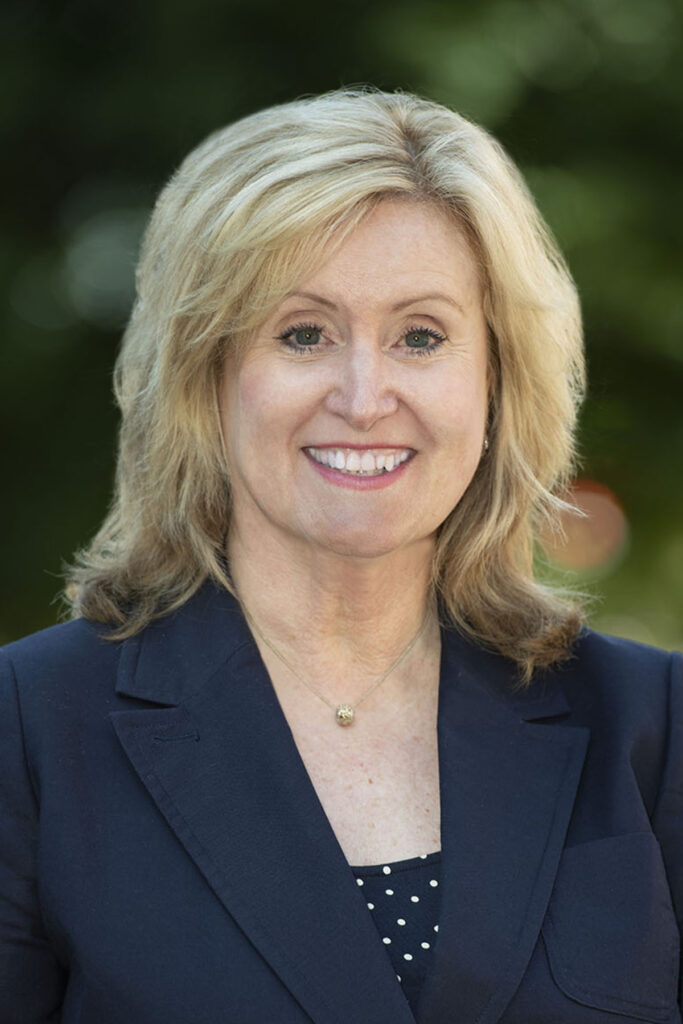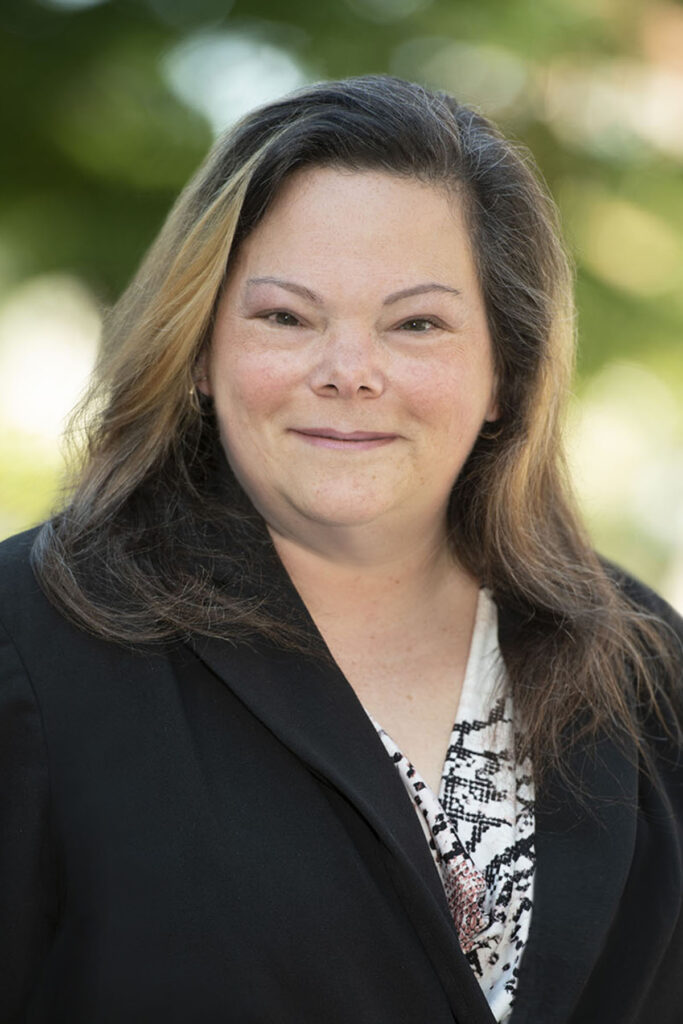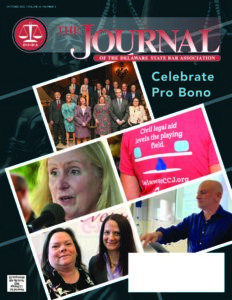Looking back over the years, we are so proud of the difference we have made with the support of our community. For over 25 years, the Combined Campaign for Justice has raised critical funds that support Delaware’s three civil legal aid agencies: Community Legal Aid Society, Inc. (CLASI), Delaware Volunteer Legal Services, Inc. (DVLS) and Legal Services Corporation of Delaware, Inc. (LSCD). Thanks to the unparalleled generosity of our donors, the 2024 Combined Campaign for Justice (CCJ) raised more funds for civil justice in Delaware than ever before. These funds contributed 12% of the combined budgets of our agencies, ensuring that 1,500 more individuals and families received the critical, life-affirming, legal services they needed. As a result, we helped people obtain and preserve public benefits (keeping them fed), avoid homelessness through eviction defense (keeping them housed), and secure Protection from Abuse orders (keeping them safe from violence).
We write to you today under the shadow of some dark clouds.
Today these agencies are on the precipice of a crisis: federal funding comprises 30% of our legal aid agencies’ budgets and is at significant risk of cuts by the U.S. Department of Government Efficiency. It is unknowable to us right now how much of this funding will be lost, but the dark clouds have started to burst: in late February, the U.S. Department of Housing and Urban Development (HUD) suddenly terminated CLASI’s Fair Housing Initiatives Program grant. CLASI had been doing this work for two decades to enforce state and federal housing discrimination laws – to ensure that no Delawarean seeking housing was discriminated against based on their race, color, national origin, religion, sex, disability, or family status. Overwhelmingly, the Fair Housing cases that CLASI handles involve discrimination on the basis of disability.
Unfortunately, this appears to be only the beginning as we face other possible attempts to eliminate funding for our work with survivors of domestic violence, low-income Delawareans, and people with disabilities.
What is at stake?
Legal representation is outcome determinative for Delawareans. Studies repeatedly show that, for example, domestic violence survivors are twice as likely to find safety through the court system when they are represented by legal aid advocates. Here are just two examples of the thousands of people we helped through critical situations in the past year:
- A 73-year-old widow living on the 3rd floor of an apartment complex had to start using a wheelchair for mobility and was unable to leave her unit because the building did not have an elevator. Stranded in her apartment, both her medical providers and loved ones grew increasingly concerned about her mental health and her safety in case of emergency, as she had no way to exit the building. She had been requesting a transfer to a 1st floor accessible unit for almost a year without success. Thanks to CLASI advocates, she was successfully transferred to an accessible unit within just a month. She is now able to leave her home and be an active participant in her community.
- A single working mother needed a car to help her navigate her life: to get to and from school, work, doctor’s appointments, and extracurricular activities. When she visited the DMV to register a car she had recently purchased, it did not pass inspection. She returned the car to the dealer, thought the matter was resolved, and began the search for a new car. The dealer filed a complaint seeking the full amount of the original contract and 22.5% interest. Unable to afford an attorney to represent her, a judgment was entered against her for $13,000. On appeal to the Court of Common Pleas, her LSCD attorney asserted counterclaims based on Odometer Fraud and Truth-in-Lending Act violations, and consumer fraud. Ultimately, both parties agreed to dismiss the case. Without the $13,000 judgment hanging over her head our client was able to get back to her life, including obtaining a new apartment for her and her children.
Last year, our agencies served over 8,100 clients. However, due to funding limitations, there was already a significant “justice gap” – meaning the number of Delawareans who need our services far exceeds our capacity to help. Significant potential cuts from the federal government threaten to widen that margin considerably. We are deeply concerned about the future of our work and the future of our clients.
Here’s how you can help: Please consider making a tax-deductible donation and becoming a volunteer.
- Donate today. First-time donor and/or not sure how much to give? Here are some ideas:
- Donate the value of a billable hour, or whatever feels appropriate to your situation, and provide immediate relief to ensure that we can continue offering vital civil legal services.
- Donate the amount it costs us to handle one case: $1,900.
- In 2024, personal donations to CCJ ranged from $1 to $25,000, with an average individual donation of $1,100.
- Volunteer. Reach out to DVLS and take on pro bono cases. Your time and expertise are invaluable to help shrink the justice gap. Nervous? DVLS will be there to support you every step of the way.
We know that times are challenging for many, but with your help, we can continue to provide civil legal services that keep Delawareans housed, fed, and free from violence. Thank you for standing by us and supporting us during this pivotal time.
In Solidarity –

Daniel G. Atkins, Esq.
Executive Director
Community Legal Aid Society, Inc.

Cynthia L. DePue, Esq.
Executive Director
Legal Services Corporation of Delaware, Inc.

Janine N. Howard-O’Rangers, Esq.
Executive Director
Delaware Volunteer Legal Services, Inc.

